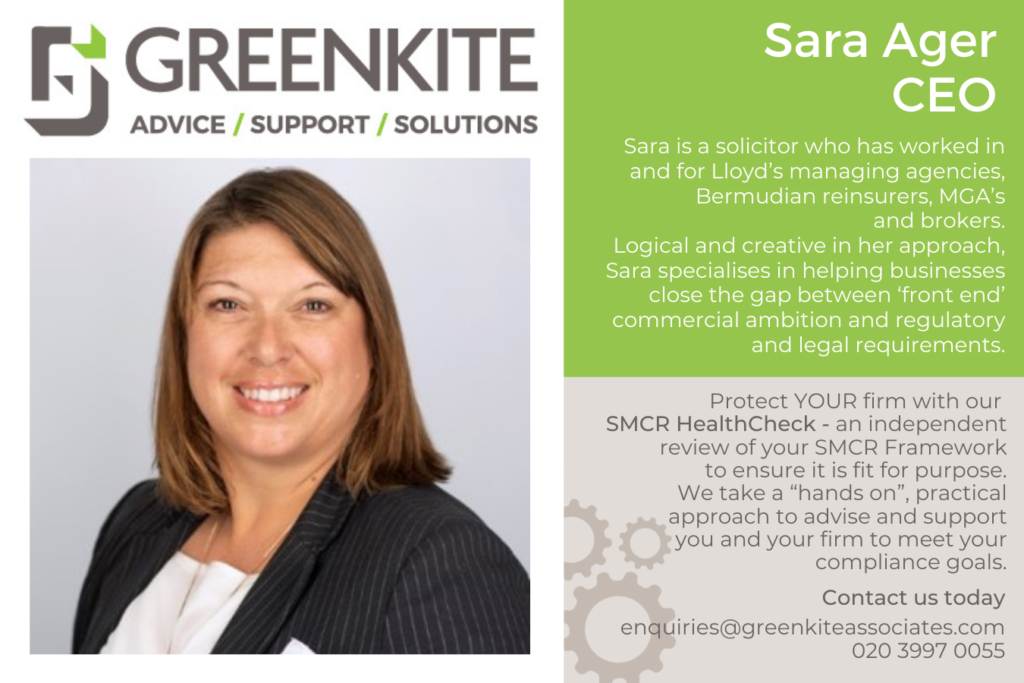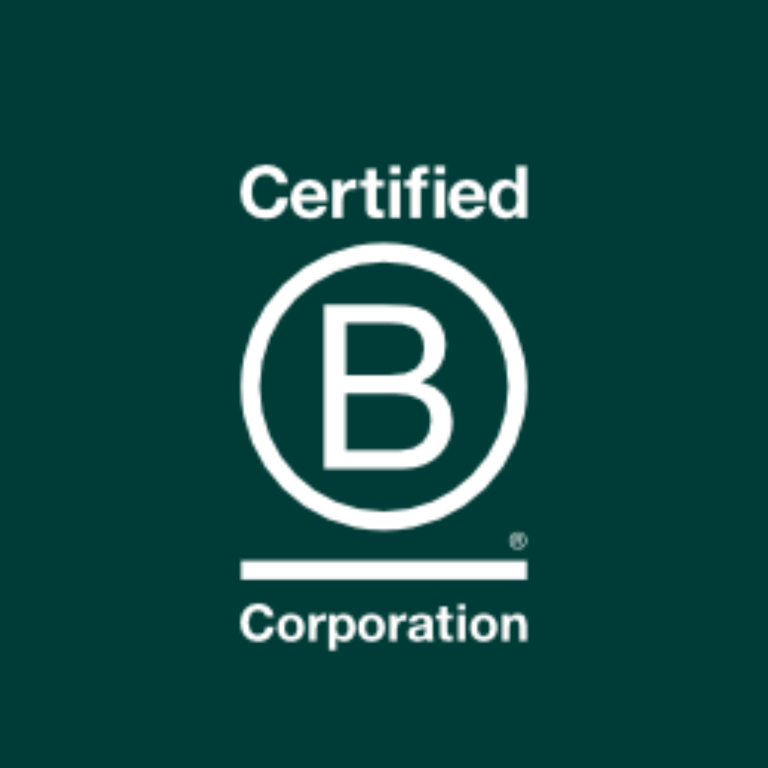SMCR – The Cornerstone of any Resilient Operating Model
Article by Sara Ager, GreenKite Founder & CEO
SMCR – one year on
2020 unsurprisingly was one of the most demanding in history for all sectors and that includes our sector – financial services. COVID 19, Brexit, a global economic downturn and an unprecedented loss in customer confidence has created the need for all firms to demonstrate greater resilience and increased regulatory oversight. The Senior Managers and Certification Regime (SMCR) came into force in 2016 for banks, 2018 for insurers, and the rest of us in the sector in December 2019. So where are we now a year after its introduction?
SMCR places demands on both firms and individuals
The regime is extensive, wide-reaching and requires every firm to be able to evidence that they have taken ‘reasonable steps’ to ensure that the business area, for which they are responsible, is controlled effectively. The FCA demands that regulated firms have robust operational business continuity plans in place to deal with significant global events and expect firms to take reasonable steps to ensure they continue to comply with their regulatory obligations, notwithstanding any adjustments made to their usual practices in the context of extraordinary circumstances. In recognition of the challenging environment in September last year, the Treasury delayed the deadline for firms to undertake the first SMCR assessment of certified persons now pushed back to March 31 2021.
Complex and far-reaching requirements for proving compliance
SMCR introduced accountability to senior managers for the conduct of the business and its employees, and the replacement of the old Approved Persons Regime with a new Certification Regime. Firms, not the regulator, are responsible for approving the competence and good conduct of its certified persons. Good documentation is vital. Firms must document decisions, actions and accountability to prove compliance and with all these conflicting and complex activities in play, firms must ensure that their SMCR framework does not become an exercise in tick box compliance.
The wider implications of the Supreme Court ruling on the test case will take some time to determine. The FCA have already said that there will be continued engagement with firms over the coming months and they are keen to understand the impact it has had on your business and the wider insurance sector.
Properly executed, SMCR will bring benefits to firms and their customers
SMCR is the cornerstone of every well organised and operationally resilient firm. It is all about getting it right, for the firm, its employees and most importantly its customers. The FCA are looking at Senior Management Functions (SMF’s) to demonstrate that the degree of control and monitoring of the business is aligned with its strategy and changing risk appetite.
Rigorous checks and enforcement from the FCA
Firms are responsible for encouraging all decision-makers, senior managers and employees to ask pertinent questions and pro-actively challenge business processes, practices, and advisers’ conduct. In spite of everything the FCA is pushing ahead with its outcomes focused agenda and they will be checking that firms have the right processes and systems in place and reward the right behaviours. Should the programme of change lose momentum and/or the pace of change at firms become too slow or incomplete there will no hesitation on the part of the regulator to proceed to enforcement. So be READY.







